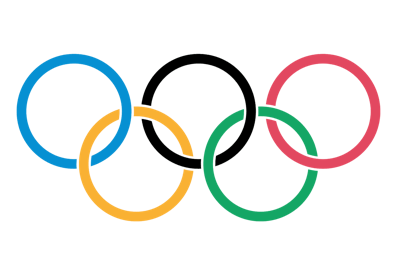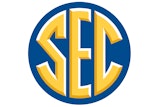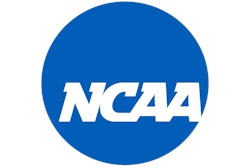
Canada’s Olympic women’s soccer team was punished by FIFA with a six-point tournament deduction for spying on the New Zealand team’s practice with a drone. On Wednesday, the Court of Arbitration for Sport (CAS) upheld that decision.
The Court of Arbitration for Sport is an independent source used to resolve disputes in sport. The organization is based in Switzerland and was founded by the IOC. When Canada appealed the initial six-point tournament deduction, the court got involved.
In the wake of the spying scandal, Canada’s coach was sent home from the Olympics. Despite trying to shield the players from the consequences, the effects were felt straight away. The team lost the credit for their first two wins of the Olympic tournament. In order to advance, they would have to go undefeated in the rest of their games to make up for the deduction.
According to The Athletic, “CAS did not give a reason for its dismissal, but acknowledged the urgency of the Games and said it would share fuller details about its decision later, without the immediate pressure of tournament implications.”
Canadian officials asked for the appeal of FIFA’s decision from the Court of Arbitration for Sport, hoping there may be a different outcome with a different governing body involved. However, that was not the case.
In addition to the points deduction, FIFA also suspended Canada’s head coach and two other staffers.
Emails between Canada’s coach and staffers discussing the spying have been released. In them, Coach Bev Priestman argued with a team analyst over wanting to use the drone. The unwilling analyst wrote back to Priestman saying he didn’t want to use the drone, “Morally,” “my own reputation within the analysis field,” and “potentially being unable to fulfill my role on a matchday.”
A different analyst than the one quoted above was identified as being the one to fly the drone.
However, Priestman’s nail in the coffin was the emails he later sent to a human resources representative for Canadian soccer. He wrote, “as for scouting it can be the difference between winning and losing and all top 10 teams do it.” And “I know there is a whole operation on the Men’s side with regards to it.
Both FIFA and the Court of Arbitration in Sport expressed concern over a deeply embedded culture of this practice in Canadian soccer. FIFA also noted that it’s decision applies only to the Olympic tournament, any further repercussions would require an internal investigation by the Candian Soccer Federation.





































